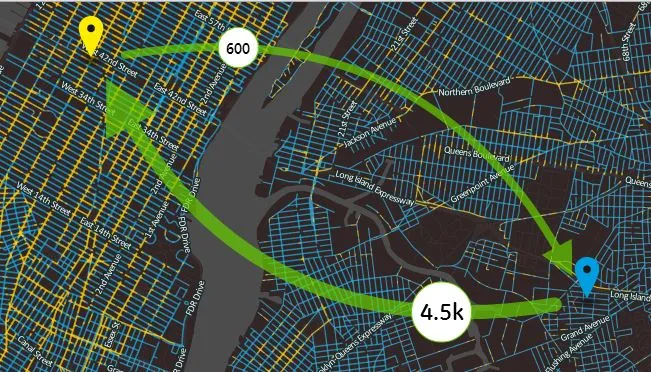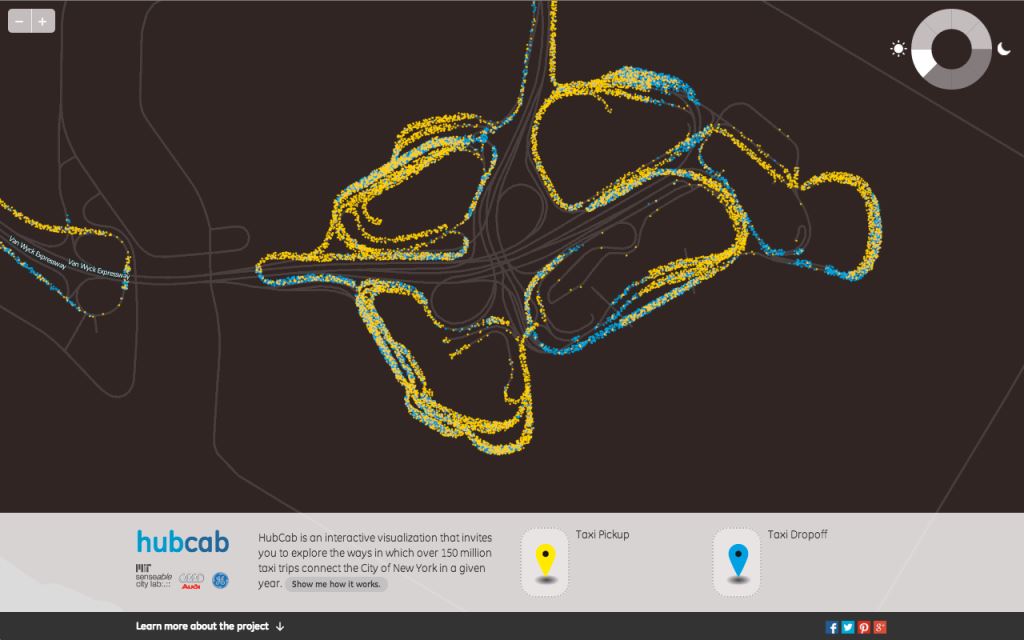Attend GeoSkill Project Workshop in Netherlands
Initiated by the Dutch and the Geo Employment Market Foundation (SAGEO), the GeoSkill Plus Project is an ambitious project aiming to match labour market needs with geo education offer in Europe.
PROJECT DESCRIPTION
“Geo Skills + is a European Commission funded project under DG Education and Culture, Leonardo da Vinci programme. It began in October 2013 and will run until October 2015.
The aim of this two-year project is to enable European countries to exchange best practices and innovation with each other regarding the mismatch between Europe’s geospatial vocational education and training and the geospatial labour market. There is a growing need for well-trained students at all levels – vocational, bachelors, masters – in the field of geospatial technologies. This is because there are a growing number of jobs available in land surveying, mapping data collection, data processing, data delivery and turning data into information.
With the increase of jobs, the GEO education community has to be able to keep pace and produce enough qualified graduates. In order to tackle these issues the Geo Skills + consortium was formed. The Geo Skills + project will host activities such as workshops, roundtables, surveys and desk-top studies, where the European GEO community will be involved.
The plan is to identify and set up optimal ways to Raise Awareness of GEO studies and increase student enrolment. Geo Skills + will also identify gaps between the supply of GEO jobs and the demand for qualified graduates in different European countries, and set up ways to bridge the gap. Ultimately a Cooperation Model will be created that identifies all stakeholders and offers them the steps necessary to improve Europe’s position in the global geospatial market”
PROJECT WORKSHOP – MAY,21,22 2014, HARDERWIJK, NETHERLANDS
Following the three main objectives announced by the GeoSkill + actors, here are the main topics that will be discussed during the workshop:
- Bridging the Gap: What are the challenges towards meeting the needs of the labour market?
- Raising Awareness: What has been done so far in Europe?
- Cooperation Model: Who are the key players that need to take responsibility in order to improve the geospatial labour market?
Who should attend?
– Teachers of geospatial technologies
– Students of any field that has a geospatial component to it
– All levels of Government using geospatial technologies
– Companies that need skilled geospatial technologies employees
– Other stakeholders who feel attracted to this event
Why you should attend:
– Learn about the very innovative Geo Skills Plus project.
– Hear first hand from several country representatives about their challenges of linking geospatial Vocational Education and Training (VET) to labour market needs…and what they are doing about it.
– Share your own stories
– Give us your suggestions for an insfrastructure to improve cooperation between education and world of work.
– Network with european key actors in the field
THE WORKSHOP IS FREE! ONE MORE REASON TO GO
Follow the Project on Social Media for more news!










